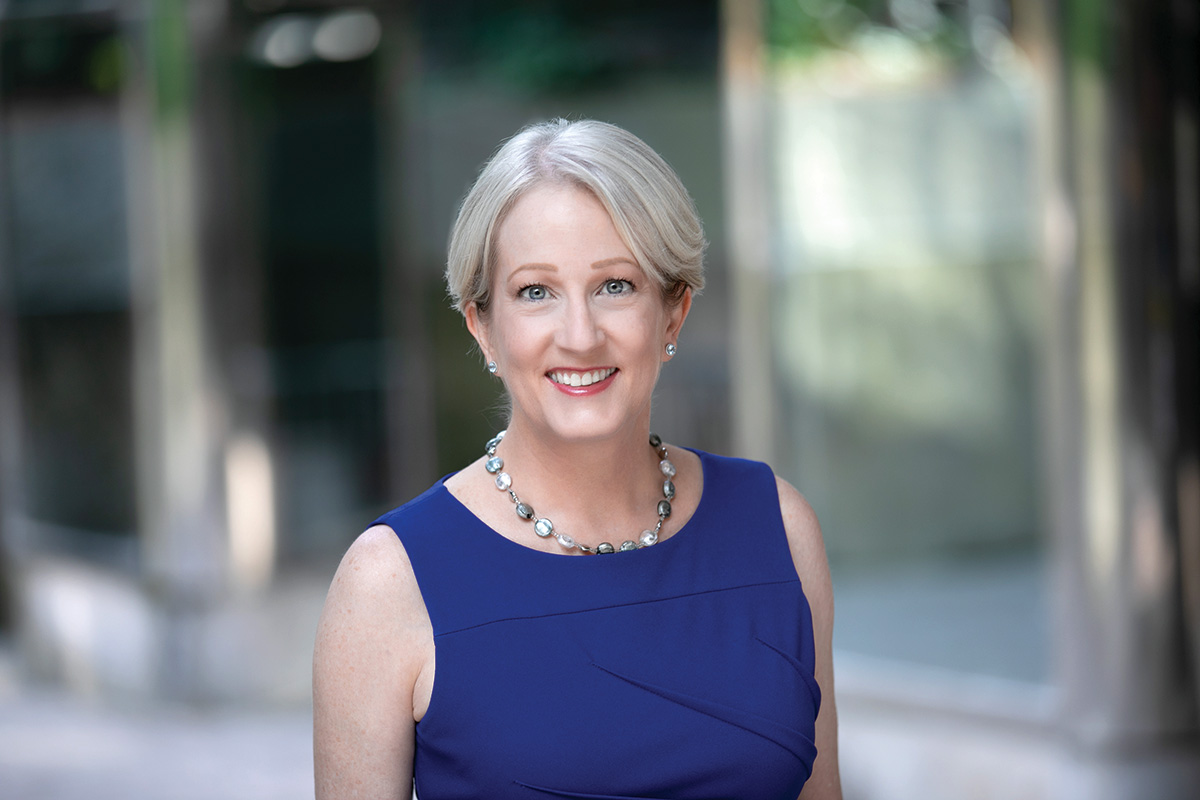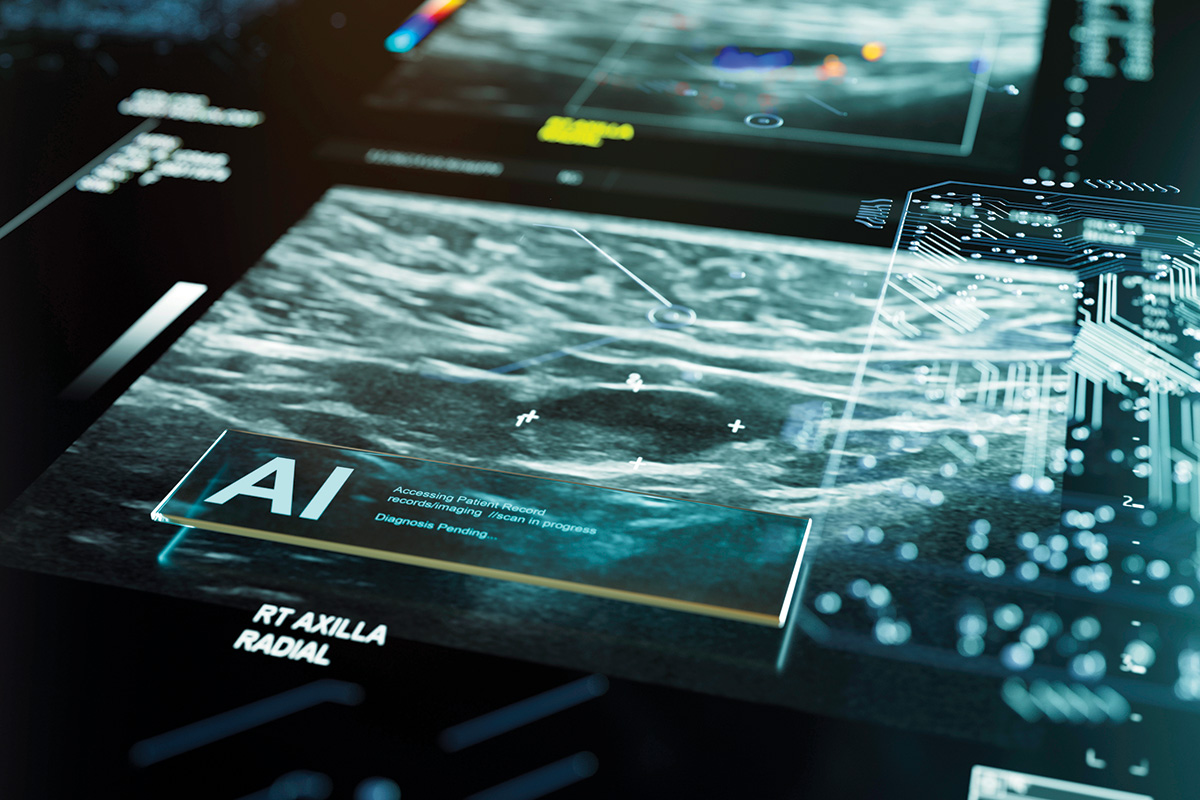Physicians at the University of Florida are using artificial intelligence to assist with breast cancer diagnosis and treatment — yet experts say that human health professionals always will have a role in patient care.
“We’re actively deploying AI tools that give us efficiencies in workflows,” says Dr. Evelyn Anthony, professor and chair of UF’s College of Medicine Department of Radiology.

She gives the example of tools to help stratify a patient’s risk factors for breast cancer by using AI to summarize their medical record along with exam characteristics and patient and family history.
Trends in AI for the diagnosis and treatment of breast cancer at medical facilities now tend to fall into two categories, Anthony says.
“One category is AI that improves efficiency in patient care, decanting algorithmic work from people to computer systems,” she explains. This includes recommending an appropriate imaging technique based on a review of the patient’s information.
“The other category of AI is newer tools that apply software trained with thousands of imaging studies to interpret new studies, either independently or as a first-pass screening for serious findings,” Anthony says. This use is newly emerging for practices and hospitals.
In some practices, an AI tool can provide a second set of eyes to review diagnostic images. This can be especially useful in smaller practices or any setting where a doctor shortage affects how many health care professionals can review images.
AI tools are getting customized for specialties. For instance, images of the brain are used by brain-focused AI algorithms to recognize strokes or bleeding, while images of the breast train computer programs to recognize suspicious “masses.”
“That’s why it takes time to build tools and vet them,” Anthony says.
Even with the increased use of AI, there’s room for a human touch. “If COVID taught us anything, it’s that human beings are social. … The human connection is an essential part of healing, and people need their doctors,” Anthony says.
The American College of Radiology says that it supports research to develop AI tools but that it’s still too early to determine the role individual algorithms and tools play in patient care. “The performance of these algorithms may vary in different practice settings, patient populations, and types of AI technology and scanning equipment,” says Dr. Stamatia Destounis, chair of the ACR Breast Imaging Commission.













